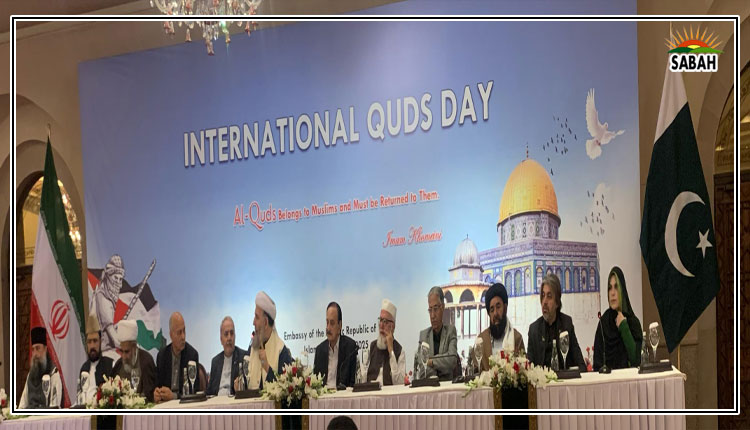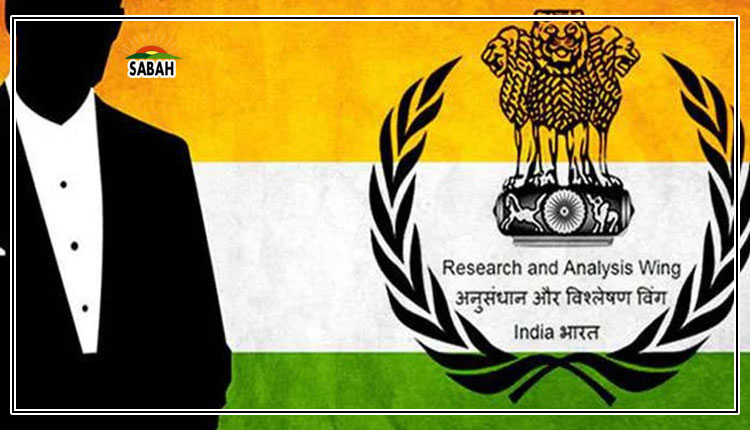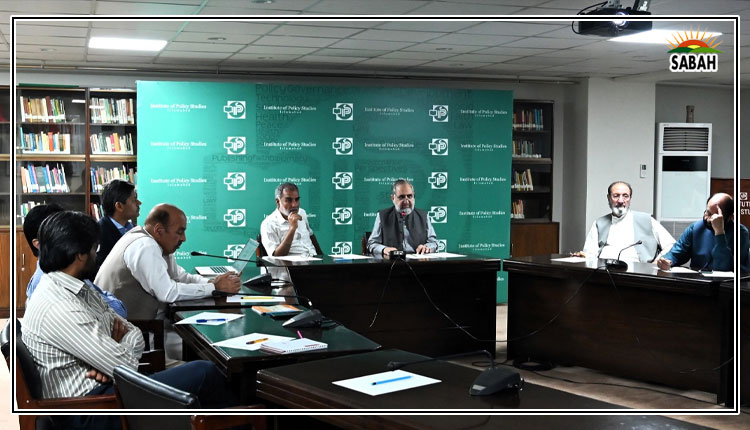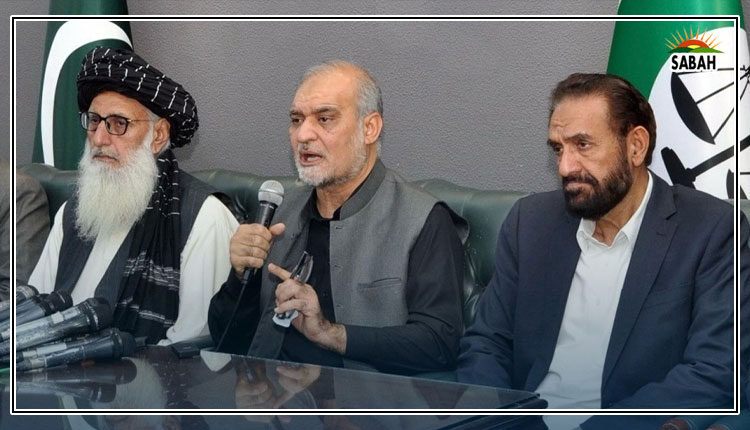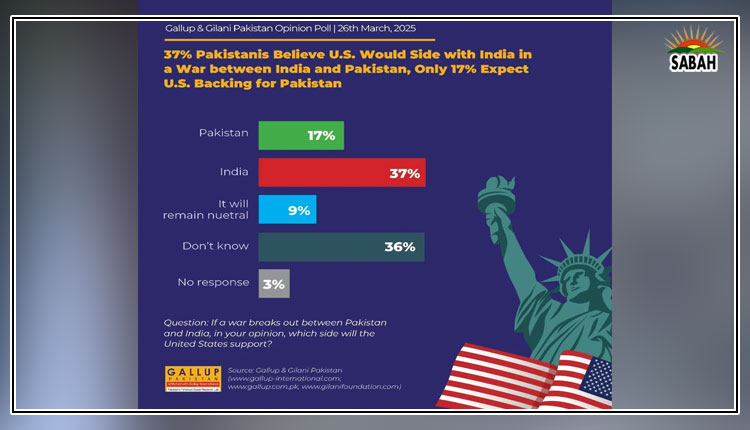Spending cuts…Arif Azad
PAKISTAN’S continuing economic crisis has yet again spotlighted the role of the IMF as the only plausible way out of the crisis. Seen as the rescuer of last resort, different aspects of the IMF structural programme and how they impact the economy, health and the broader policy environment should be analysed.
Take the impact on health. One conceptual framework divides the IMF programme’s impact on health into three categories. The first category concerns the programme’s direct effects on health systems of countries seeking a bailout. These effects usually reveal themselves in modifying patterns of health financing as a result of the programme focus on reducing health spending.
Various studies have shown IMF adjustment programmes’ link to a significant decrease in health financing in low-income countries. Decreased spending can further manifest itself in compulsory redundancies, a hiring freeze or wage cuts. This has a knock-on effect on the health of those profoundly disturbed by these policy prescriptions. Another direct effect can be observed in the dimensions of health coverage. As a result of spending cuts, user charges are introduced, which restrict access to healthcare. One of the key features of the economic bailout package in Greece was the capping of public health expenditure, resulting in cuts to hospital budgets, social insurance funds and social security.
Second, public health systems can be impacted in indirect ways. Currency devaluation is a key component of the IMF programme. With currency devaluation, the price of raw materials for the domestic pharmaceutical industry, life-saving imported medicines and medical equipment shoots up. This leads to reduced access to imported medicines, imported raw material-based local medicines and imported medical technology and equipment. Most importantly, IMF-linked liberalisation policies also expose low-income countries to global economic fluctuations, adversely impacting the long-term ability of programme-enrolled countries to develop stable health-financing regimes.
Third, IMF programme impacts tend to exercise long-term effects on the social determinants of health as well. The World Health Organisation has identified social determinants such as early life, stress, social exclusion, work and unemployment as having a decisive bearing on people’s health. These determinants are interlocked in multiple ways. For example, health is affected by working conditions and the dread of long-term unemployment ushered in, in the wake of the programme.
As such, IMF reforms have been associated with mass lay-offs as a consequence of stipulated public-spending cuts and labour market reforms. Such reforms, besides having a detrimental psychological impact on the health of those who have lost their jobs, also add to existing poverty levels. The latter, in turn, further accentuate health inequalities between different sections of the population. As a direct consequence, the poor tend to economise on health-related expenditure, resulting in short- and long-term ill health, depending on the duration of the economic crisis and the bailout package.
Again, in Greece, the reform programme imposed by the IMF profoundly impacted social determinants. Liberalisation of labour, the cutting of public payrolls contributed, among other factors, to the deterioration of economic conditions, with long-range effects on individuals and households in terms of both physical and mental health.
Pakistan is already in the throes of concluding the revival of another IMF package, which is likely to adversely impact health outcomes. The government seems to have suspended the next tranche of funding to the Sehat Sahulat programme, according to reports. This does not augur well for health and health systems as a whole. The hope is that the coalition government will prove that is wise enough to undertake health-related impact assessments of the reform package before rolling it out and implementing it, with a view to softening its effect on health outcomes and health systems. Rights organisations have called for ensuring the protection of the vulnerable who will be hit the hardest.
Given the depth and breadth of the new IMF bailout package, its impact on the objective to accomplish the SDGs should also be carefully weighed. As for the Fund and other international financial institutions engaged in the business of emergency lending to mitigate a balance-of-payments crunch, bailout packages should be framed with an eye to preventing any adverse impact on health systems. The overwhelming focus of the IMF reforms should be on cutting back on non-productive expenditure rather than development and public-sector spending.
Courtesy DAWN


